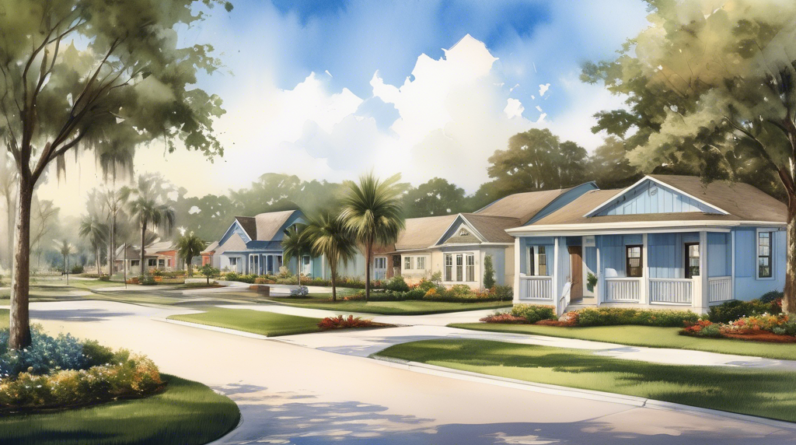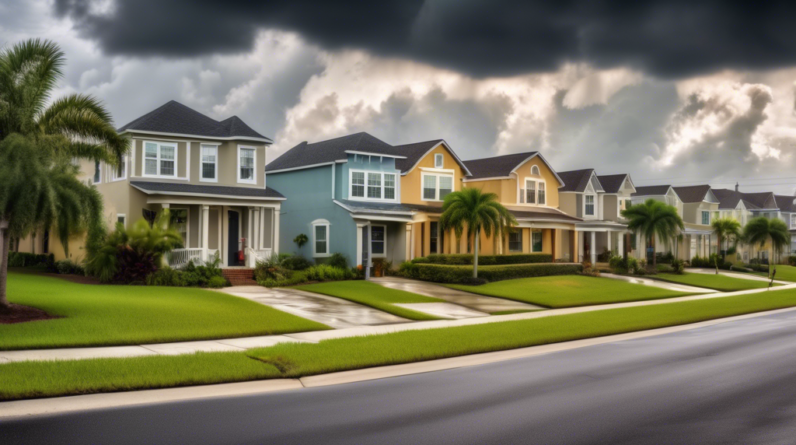Florida’s Condominium Crisis: Is It Severe Enough to Warrant a Special Legislative Session?
Florida’s condominium crisis has emerged as a complex issue requiring urgent attention. Triggered by the unintended outcomes of a new state law, the situation has raised debates over whether it warrants an immediate special legislative session. The following outlines the crisis’s key aspects and its implications on residents and the broader real estate landscape in Florida.
Unintended Consequences of New Law
In response to the tragic collapse of the Surfside condominium, Florida enacted a law focused on ensuring the safety of condo buildings older than 30 years. The legislation mandates that these buildings undergo safety inspections conducted by qualified engineers or architects. Additionally, condo associations must set aside reserve funds for emergency repairs. Although well-intentioned, the law has led to several unintended consequences, placing financial and administrative burdens on condo owners.
Financial Burden on Condo Owners
The new safety requirements have significantly increased the financial responsibilities of condo owners. Many are now facing higher insurance premiums and homeowners association fees, a burden acutely felt by seniors living on fixed incomes. The need for immediate compliance with inspection mandates and reserve requirements adds further strain, exacerbating financial challenges for various condominium associations.
Geographic Impact
While the geographic concentration of affected buildings is primarily in Palm Beach, Broward, and Miami-Dade counties, the crisis transcends these areas. From the Keys to Tallahassee, condo associations throughout Florida are grappling with the law’s repercussions, revealing a statewide challenge. The need for a uniform solution has thus become evident, prompting discussions at the state level.
Call for Special Legislative Session
Governor Ron DeSantis has recognized the urgency of the situation, calling for a special legislative session to address these challenges swiftly. With the next regular legislative session not scheduled until March of the following year, DeSantis argues that immediate action is needed to alleviate the financial pressures on condo owners. The Governor aims to address these issues before the upcoming December 31 deadline for inspections and reserve allocations.
Deadline for Inspections
The looming December 31 deadline accelerates the urgency for legislative intervention. Most condo owners are required to fulfill the inspection and reserve fund requirements by this date. The Governor hopes that lawmakers can provide relief to mitigate the financial impact and offer a more sustainable path forward for affected condo associations.
Broader Real Estate Implications
The Florida condominium crisis is set against the backdrop of a dynamic real estate environment marked by challenges such as flooding, hurricane damage, and escalating housing costs. The implications extend beyond condo owners, influencing the overall real estate market stability and affecting homeowners across the state. The intersection of these issues calls for nuanced solutions to safeguard the interests of all stakeholders involved.
As the crisis unfolds, the debate over calling a special legislative session emphasizes the need for balanced approaches that address immediate concerns while ensuring long-term safety and financial sustainability for Florida’s condo communities.







